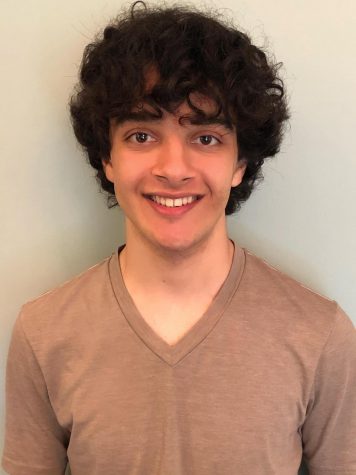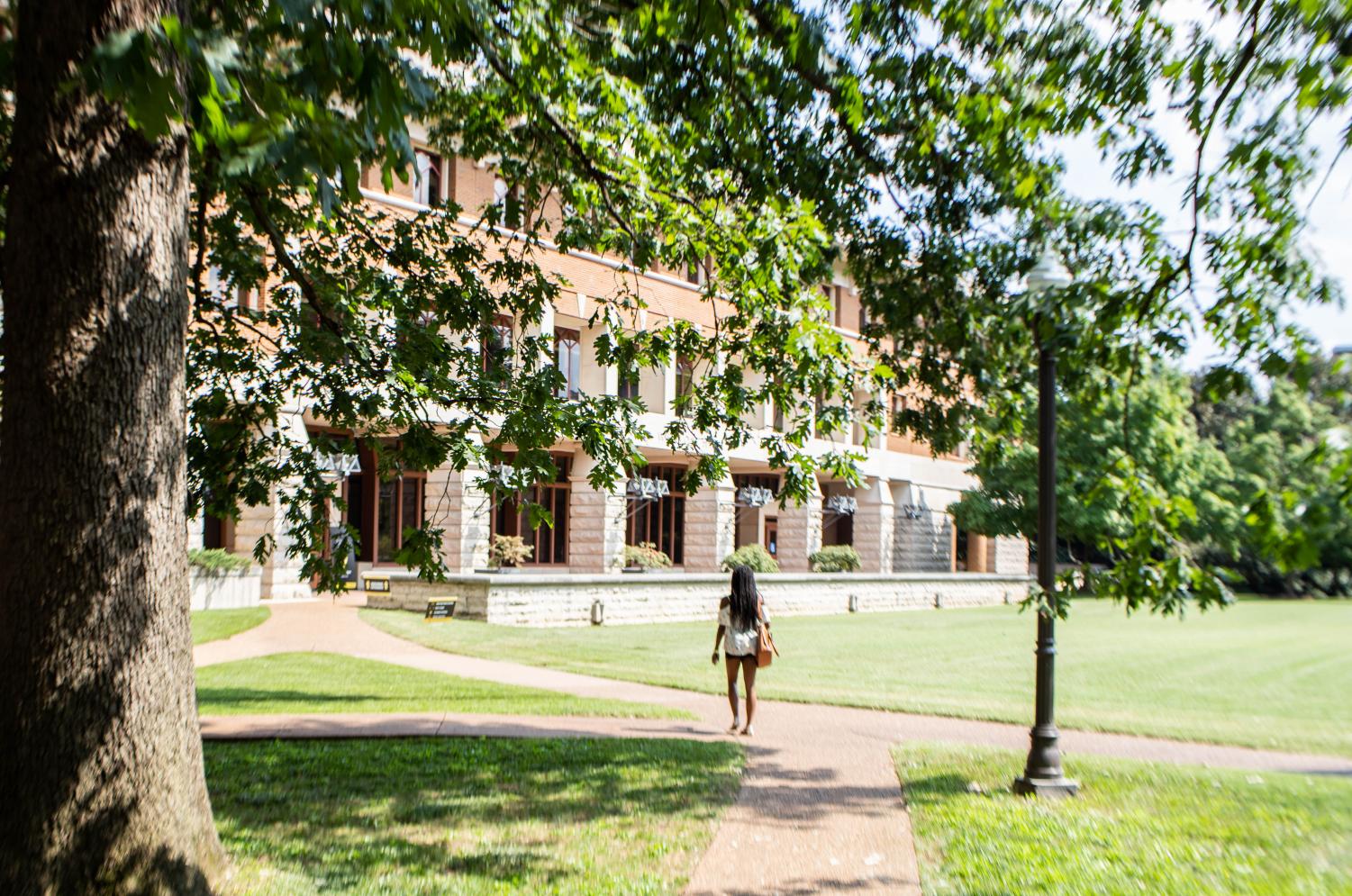
My name is Ehab Alhosaini, and I am a sophomore transfer student. In this column, I hope to explore the many ways I have dealt with different aspects of my identity. I hope that these experiences, even if some might be unique to me, can help make you more comfortable with yourself even when times are tough, when pessimism might take over.
“I’m gonna take roll for today’s class. I apologize for mispronouncing anyone’s name.”
It was my first day of sixth grade at a new school. I remember not being able to fall asleep the night before, excited at the thought of making new friends. I remember getting up early in the morning, picking out clothes that I thought would make me look like the cool new kid (spoiler alert, they didn’t).
As I heard those words, I began to worry. You could hear a deafening nothingness. My name was at the top of the chart. “Please don’t butcher my name,” I thought.
“A-hab Elhasni?”
Out came a sad, disengaged “Here.” The energy I had for the rest of the day evaporated, and I couldn’t stop thinking about my name.
This was the beginning of my awakening about my own identity. My parents are Syrian immigrants who came to the US in the ‘90s, eager for a better life. I could speak some Arabic and relished hummus and baklava.
However, I was never raised in the Muslim community. My parents came from a secular background in Syria and lived a life separate from the Muslim community. Ninety-three percent of Arabs identify as Muslim, an overbearing statistic as a non-Muslim in the small Arab community of Greenville, North Carolina.
I began to question whether or not I could integrate myself within the predominantly Muslim Arab community in Greenville and pretend to be something I was not, similar to the problems I was facing in my predominantly white school.
I tried to engage in activities I thought were “stereotypically American” and would help me fit in, yet deep down, I never felt comfortable. I was a floater, always stuck as a short, lanky kid with a funny name. No matter how hard I tried, there never seemed to be one niche or friend group where I could fit in. Disgruntled in high school, I applied to the North Carolina School of Science and Mathematics (NCSSM). I knew I wanted to get out and start a new identity.
The acceptance letter came in. My wish was granted. Finally, I could have a fresh start.
Word got around that I was leaving, and people who I had decent relationships with congratulated me. We started hanging out more. Friends started to ask how I was feeling about everything, and we started to reminisce about memories, including when I roasted a kid at lunch for unironically liking NC State football or those last-minute buzzer beaters in pickup basketball.
I remember being surprised at a local restaurant, The Boiler Room, by some of my friends, all from different friend groups and personalities. I remember my classmates who were also leaving for NCSSM with me, excited for the journey ahead. And I still remember that sense of belonging and community, even at what seemed to be a minor event.
As I was finally leaving an environment that I was previously wary of, it hit me. I always felt “off” about my own identity, yet all this time, I didn’t realize that others had their own personal struggles and complex insecurities. I began to see how everyone, from “popular” football players, to band kids, to a CEO’s son, have their own struggles with feeling like an outsider.
We all cherish the values of working hard, of being afraid of the first day at a new school, of being proud of our family when things go right and of laughing at some ridiculous joke. And we know that beyond all of the things that currently divide us, there is that fundamental belief in love and compassion.
These shared beliefs of vastly different people can bring us together in unique ways that go beyond whatever differences we may share. My story is not unique; it is merely reflective of so many others who relate to a sense of not belonging. Yet, when we take a step back, we can realize that the hidden things that we do have in common can be harnessed to create social good and to build a stronger, more caring community.
I’ve learned that it is okay to feel excluded and to feel disengaged with my environment. It is important to question your role in a community in order to further develop your own identity, even if it can seem painfully hard. For me, feeling like an outsider allowed me to sit back and think introspectively. It allowed me to reflect on little things that I never picked up. Everyone is an outsider in their own sense, and that different perspective, that feeling of otherness, can be a superpower instead of a weakness.
For all the people who also can’t stand roll call, I encourage you to look towards hope and away from cynicism. It’s easy to become discouraged at being seen as an other. When times get tough, it’s natural to turn to fear and anger at something or someone. Yet, at a core level, people of all different identities, whether white or black, gay or straight, all share the same human identity. This is not to erase people’s own heritage and culture; people do have differences in lifestyle and traditions. Yet, at the end of the day, that is a positive asset; these different experiences all come together, in part, due to our differences to make our world a better place.



